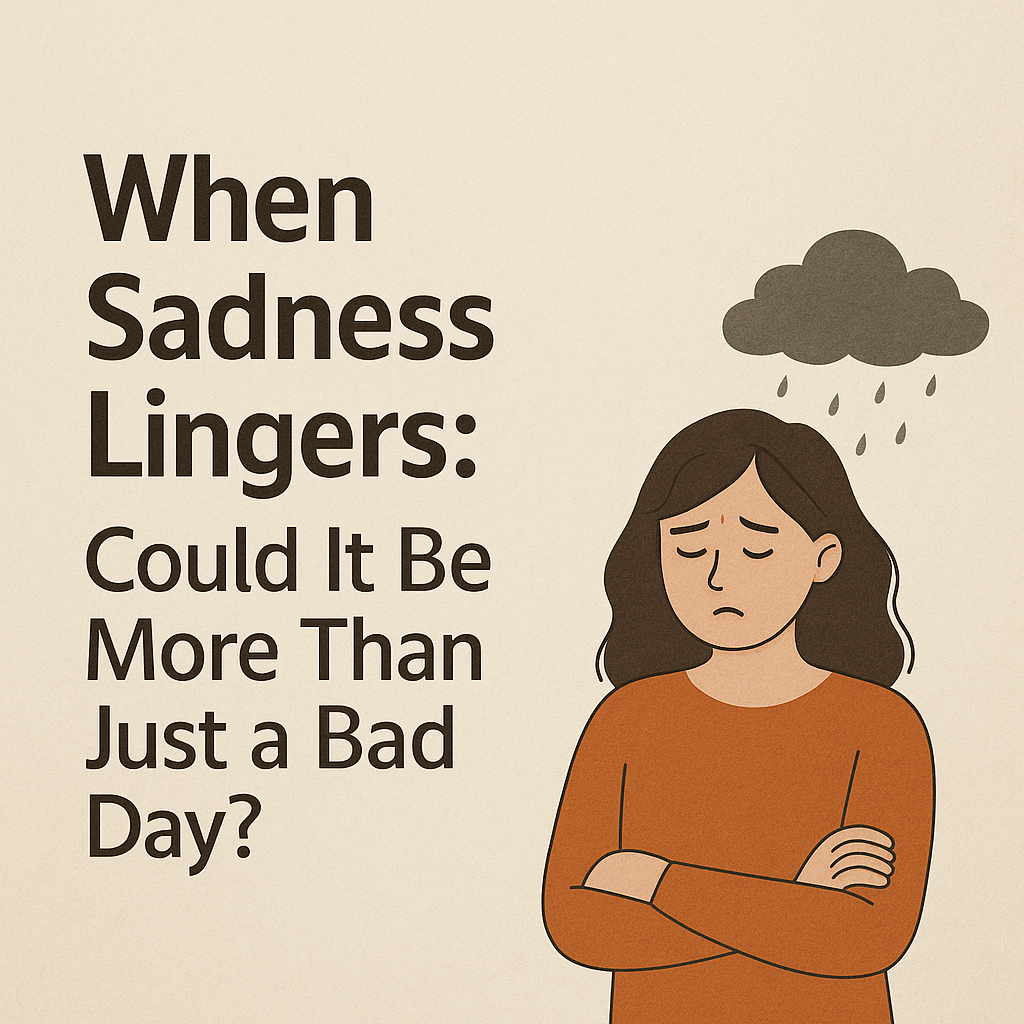One Puff Too Many: The Hidden Damage Smoking Leaves Behind
For many, it starts as a single puff—a moment of peer pressure, curiosity, or the need to "feel something." But what follows is often a dangerous journey into addiction. Smoking, whether it’s tobacco, marijuana, or even more potent substances, is one of the most common and underestimated forms of drug abuse.
So why do people smoke in the first place?
Stress, depression, peer influence, or simply trying to “escape” are common triggers. Social media and movies make it look cool or harmless—but behind the smoke is a darker reality.
Here’s what smoking does to your body over time:
Lungs under attack: Every puff introduces toxic chemicals into the lungs, causing breathing problems, chronic bronchitis, and eventually life-threatening diseases like lung cancer.
Heart and blood vessels: Smoking narrows blood vessels, raises blood pressure, and increases the risk of heart attacks and stroke.
Brain impact: Smoking releases dopamine—a "feel-good" hormone—which is why it feels addictive. But with time, your brain stops functioning normally without it, causing anxiety, irritability, and depression.
Appearance changes: Yellow teeth, bad breath, dull skin, and premature aging are only the beginning.
Addiction trap: Nicotine and other substances in smoke hijack the brain's reward system, making it hard to stop, even when you want to.
The dangerous myth:
Many believe "just a little" won’t hurt. But drug addiction doesn’t always look like syringes and back alleys. Sometimes, it starts with just a cigarette a day and builds into a lifelong struggle.
Here’s the truth:
Quitting is hard, but it's not impossible. Your body begins to heal the moment you stop. Lungs start repairing, oxygen levels rise, and your risk of heart disease drops significantly within months.
Final thoughts:
Smoking might feel like an escape, but it's really a trap. The best choice is never to start—but if you’ve started, the next best choice is to stop now. Get help, talk to someone, and remember: the first step toward freedom is always the hardest, but also the most powerful.
One Puff Too Many: The Hidden Damage Smoking Leaves Behind
For many, it starts as a single puff—a moment of peer pressure, curiosity, or the need to "feel something." But what follows is often a dangerous journey into addiction. Smoking, whether it’s tobacco, marijuana, or even more potent substances, is one of the most common and underestimated forms of drug abuse.
So why do people smoke in the first place?
Stress, depression, peer influence, or simply trying to “escape” are common triggers. Social media and movies make it look cool or harmless—but behind the smoke is a darker reality.
Here’s what smoking does to your body over time:
Lungs under attack: Every puff introduces toxic chemicals into the lungs, causing breathing problems, chronic bronchitis, and eventually life-threatening diseases like lung cancer.
Heart and blood vessels: Smoking narrows blood vessels, raises blood pressure, and increases the risk of heart attacks and stroke.
Brain impact: Smoking releases dopamine—a "feel-good" hormone—which is why it feels addictive. But with time, your brain stops functioning normally without it, causing anxiety, irritability, and depression.
Appearance changes: Yellow teeth, bad breath, dull skin, and premature aging are only the beginning.
Addiction trap: Nicotine and other substances in smoke hijack the brain's reward system, making it hard to stop, even when you want to.
The dangerous myth:
Many believe "just a little" won’t hurt. But drug addiction doesn’t always look like syringes and back alleys. Sometimes, it starts with just a cigarette a day and builds into a lifelong struggle.
Here’s the truth:
Quitting is hard, but it's not impossible. Your body begins to heal the moment you stop. Lungs start repairing, oxygen levels rise, and your risk of heart disease drops significantly within months.
Final thoughts:
Smoking might feel like an escape, but it's really a trap. The best choice is never to start—but if you’ve started, the next best choice is to stop now. Get help, talk to someone, and remember: the first step toward freedom is always the hardest, but also the most powerful.














